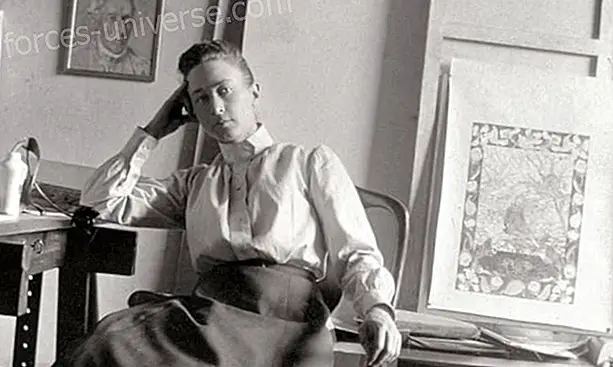We have all heard about the Mozart Effect, the concept that listening to classical music at an early age helps children to be smarter. Similarly, it has long been considered that learning a musical instrument also helps develop the brain differently, and can improve the ability of mathematics in particular.
The Mozart Effect
The French researcher Dr. Alfred Tomatis invented the phrase "Mozart Effect" in 1991. His book, Pourquoi Mozart ?, is based on thirty years of work with the learning of children with disabilities and explored Mozart's broad applicability. He said he had adults where he has helped fight depression, learn foreign languages faster, develop better communication skills, and improve both creativity and performance in the workplace.
Some musicians, singers and actors also claim to have found it useful to have refined their artistic abilities. Tomatis wrote 14 books and numerous articles. Only a few have been translated into English.
In the United States the concept was first written about a 1993 article written by Frances Rauscher and Gordon Shaw. It was reported that brief exposure (8-10 minutes) to a Mozart piano sonata produces a temporary increase in spatial reasoning scores, which amounts to the equivalent of 8-9 IQ points.
Over the next few years, research work has been mentioned in several newspapers, including the New York Times and Boston Globe.

In 1998 Zell Miller, governor of Georgia, announced that his state budget would include $ 105, 000 a year to provide all children born in Georgia with a tape or a CD of classical music. It is evident that he believed in the Mozart Effect and its relationship with music and mental capacity. There have been numerous studies to approve and disapprove this theory, but in the end a person has to be their own judge.
The Mozart effect became popular through Don Campbell's book , "The Mozart Effect" in 1997. The basic theory is that listening to Mozart's music temporarily increases the brain's ability to generate and conceptualize solutions to problems in several steps. The benefits to heal the body, strengthen the mind, and unlock the Creative Spirit are also referred to in his book.
Despite the controversy over this theory there is considerable evidence that supports a relationship between sound and music to increase learning and human capacity.
There are a number of studies that have been conducted to justify the effectiveness of listening to Mozart's music in improving our essential brain functions, thinking and specific learning. But Glenn Schellenberg, a professor of psychology at the University of Toronto, has denied such a belief.
He said that listening to Mozart can be emotionally, relaxing and enjoyable to listen to, but it does nothing but arise from dopamine levels in the brain, something that eating chocolates can also do.
So listening to Mozart really doesn't make a person smarter, according to Schellenberg.
However, many benefits are attributed to the Mozart Effect , including:
- Epilepsy
Research has shown that Mozart can reduce the activity of the brain involved in epilepsy. One theory is that the effects may be due to the repetition of the melody and periodicity: waveforms that are repeated regularly.
- Intelligence
The first Mozart Effect study showed that spatial reasoning and intelligence temporarily increase after listening to the K448 piano sonata, compared to relaxation or silence tapes.
- Vision tests
Eye tests are performed more accurately when performed with Mozart playing in the background. The results were significantly better, with fewer positive or false negative results and greater concentration and accuracy.
- Heart rate
Mozart calms the heartbeat. Listening to music can be useful in heart disease. Studies have shown that listening to Mozart or Bach caused a reduction in heart rate and variability.
- Stress
Anecdotal evidence has suggested that listening to Mozart can relieve stress in newborn babies. Mozart when being played through a small speaker in the baby incubator, it is possible to notice their reactions to music.
AUTHOR: JoT333, editor of the great family of hermandadblanca.org






